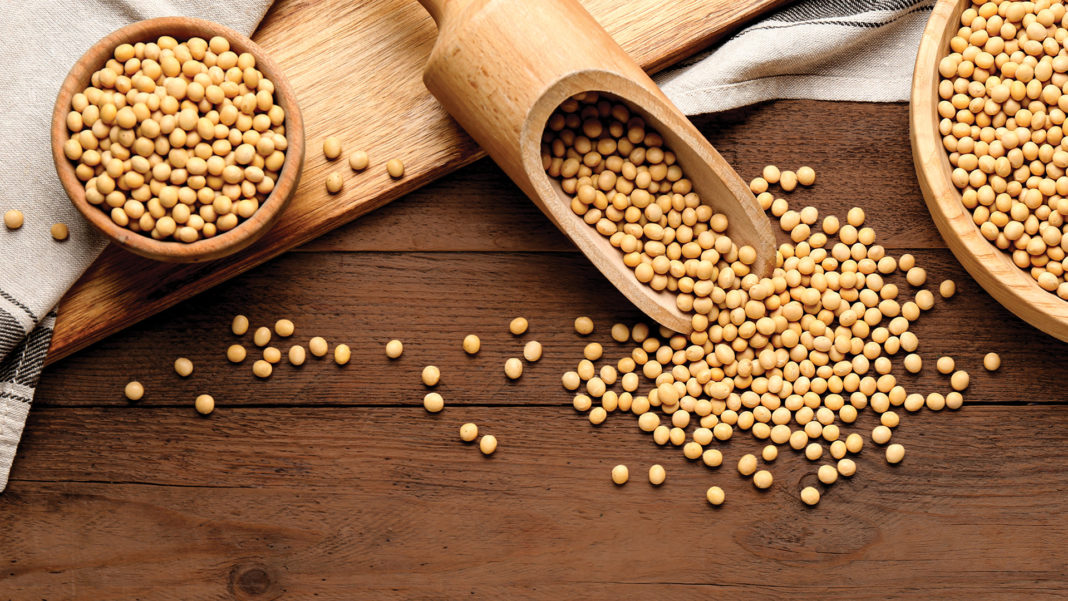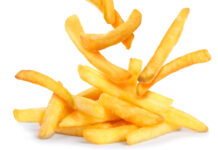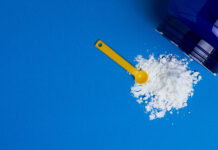Protein is having a moment. We are eating more of it now than ever, and expecting a lot in return. Bigger muscles, less fat, better skin, and more. Is more protein truly better?
To figure out how much protein is right for you, it helps to understand what it is and how your body uses it. These insights can also save you money on products you don’t need.
Let’s start with the basics.
What is protein?
A protein is simply a string of amino acids linked together like a bead necklace. Humans, (other) animals, plants, bacteria, and viruses all build their proteins from the same twenty “beads” (amino acids).
Proteins perform a wide range of jobs. Some act like bricks and mortar (like collagen in skin or keratin in hair), some are alchemists, converting one chemical to another, and others send or receive signals.
What happens to the protein in my food?
The proteins in your food are digested into amino acids, like a bead necklace being chopped to bits. Those beads (amino acids) are strung together inside your cells to build new, different protein “necklaces”. These “necklaces” are soon broken down and recycled to build different ones. Because you’re constantly making and breaking down proteins, you always have a “pool” of free amino acids, even when fasting.
Scam alert!
Skip supplements (like collagen) claiming to deliver intact proteins directly to your body. Just like food, protein supplements are broken down and used to build new, different, proteins inside you. Eating collagen for better skin is like eating hair to grow hair.
How do plant and animal proteins differ?
Plant and animal proteins are very similar — they are both strings of the same twenty amino acids. Yet, the “protein package” is very different. Unlike animal products, plant-based protein sources deliver fibre, unsaturated fats, and loads of helpful phytochemicals.
How much protein do I need?
The basic amount that adults need is around 10 percent of calories or 0.8 g/kg, or a tad more (0.9 g/kg) for plant-based diets. This is easy to get — even an all-potato diet does the trick (11 percent protein).
Is more protein better?
The answer depends on your goals.
Getting jacked
Eating more protein can help build muscle and strength, to a point. The benefits taper off beyond double the recommended dietary allowance (RDA) (1.6 g/kg). Yet, you need to put in the work, too. If you add protein to your diet, but don’t change your exercise habits, you will NOT build new muscle.
Losing weight
There is no one best diet for weight loss. Some people find that protein-rich meals are more satisfying. Satiety is highly personal, and other factors matter just as much (like solid vs. liquid, fibre content, etc.). Extra protein may also help minimize lean muscle loss during weight loss. However, when body-fat stores are generous, most weight loss comes from fat regardless of diet.
Don’t expect miracles from slurping protein smoothies. Your body can convert extra energy to fat no matter how it comes in, even from protein. Finding what works best for your body is key.
Healthy aging
Retaining lean muscle is vital for healthy aging. Studies suggest that older adults lose less muscle mass when they boost their protein intake by roughly 50 percent above the RDA.
In a nutshell
Protein is protein, across life forms. Your body is a protein recycling machine. Be skeptical of supplements. Pair protein with fitness for the best of both worlds.
Read This Story in Our Outdoor Summer Digital Edition
Get outside and play!
We’ve covered DIY Bike Maintenance, Wildlife Travel, Open Water Swimming, Ultramarathon Training, Paddleboarding, Family Adventures, and Dogs and a Cat to watch on Instagram! Work out with Canada’s Top Fitness Instructors and be inspired by our Athletes with IMPACT.

















